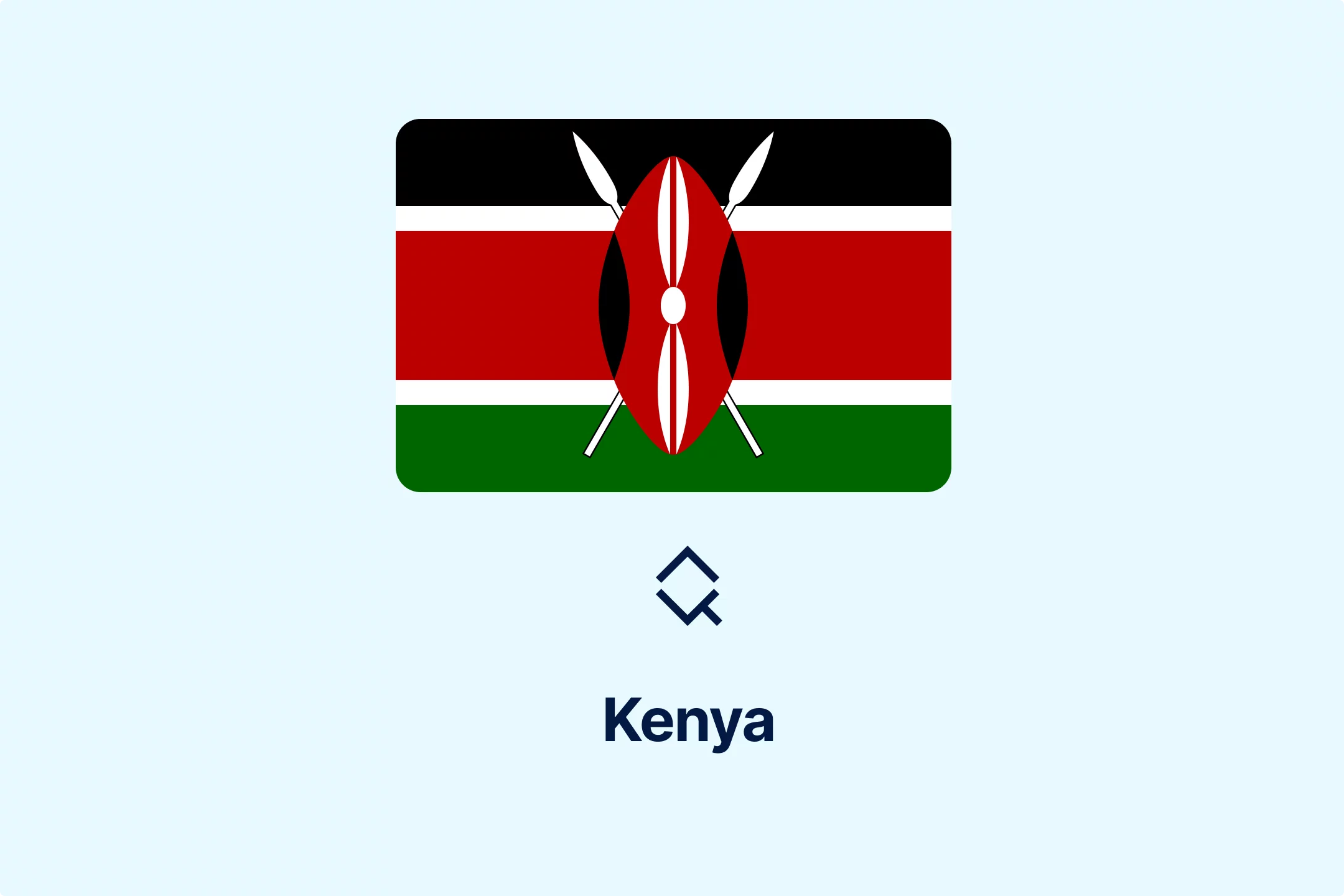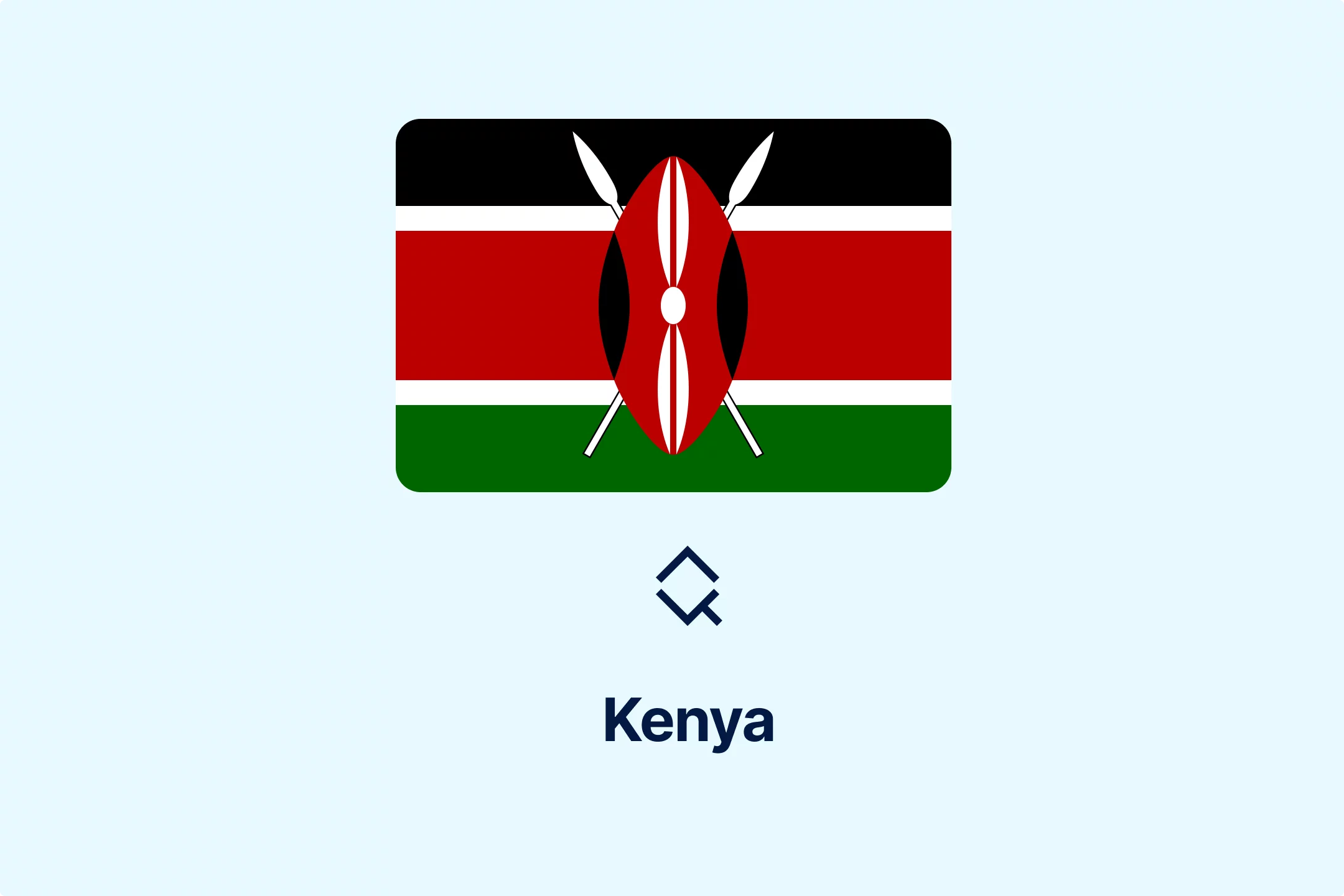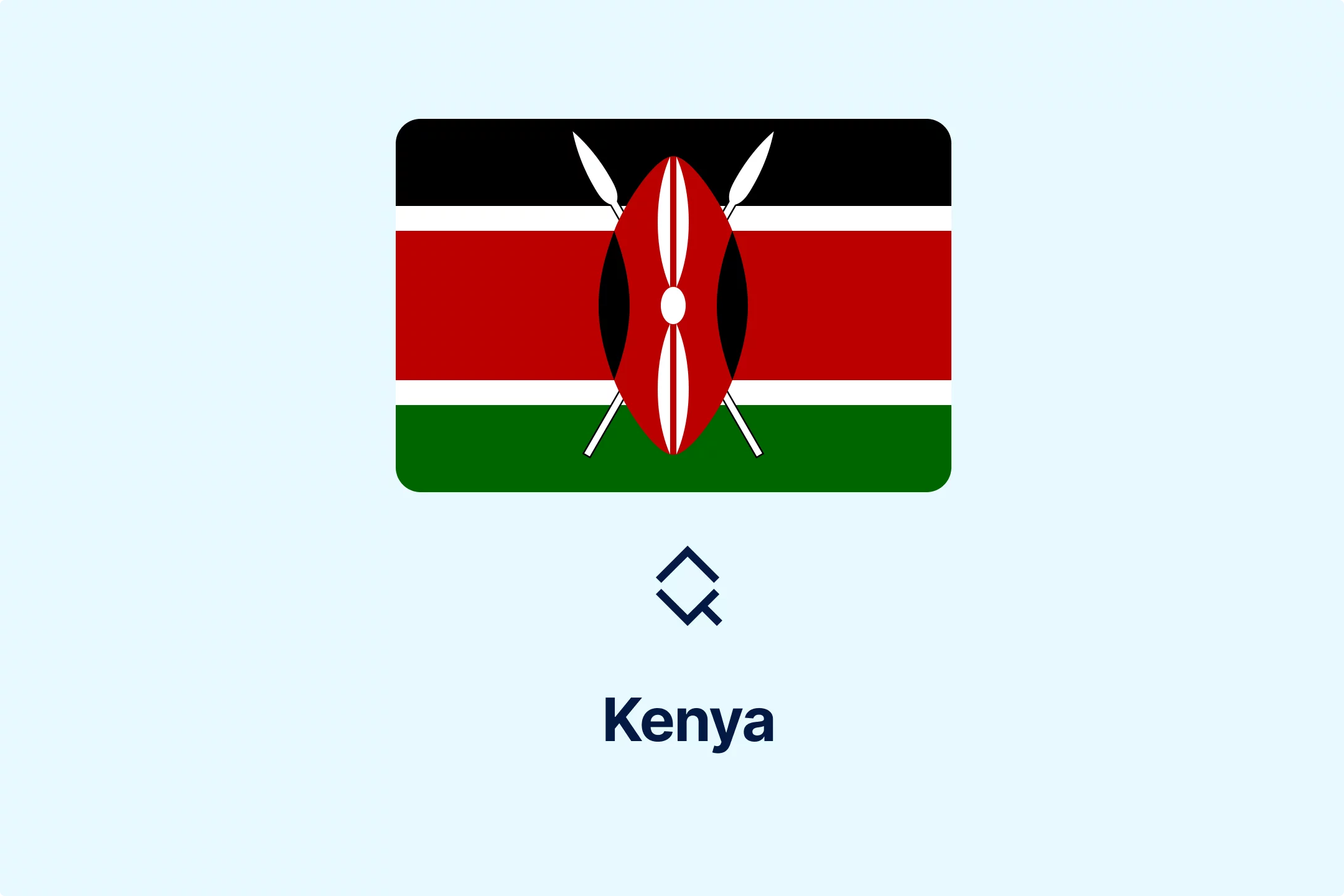Kenya’s High Court Ruling on VAT and the Gig Economy: Implications for Digital Platforms

Summary
Kenya's High Court ruled that the platform (Sendy) was a principal supplier of transport services (not just a marketplace), making VAT payable on the entire customer payment based on the platform's high degree of control over the transaction.
The ruling designates platforms as VAT withholding agents, thereby shifting the compliance and reporting burden for deducting and remitting tax directly to the platform operator.
This precedent will likely reshape business models for other digital platforms in Kenya, affecting pricing and contractual structures, and indirectly strengthening future arguments for gig worker re-classification.
🎧 Prefer to Listen?
Get the audio version of this article and stay informed without reading - perfect for multitasking or learning on the go.
Kenya’s digital and gig economy has expanded rapidly over the past decade, driven by platforms connecting users to transport, logistics, delivery, and e-commerce services. Until recently, the tax treatment of these models remained unsettled particularly whether platforms merely facilitate third-party transactions or act as principals supplying taxable services.
A landmark High Court ruling issued on 23 October 2025 against Sendy, a collapsed logistics start-up, has now provided critical clarification. The Court concluded that Sendy was not simply a marketplace collecting commissions but a supplier of transport services for VAT purposes. As such, VAT was due on the entire customer payment, not just the platform’s facilitation fee.
The ruling is expected to reshape Kenya’s digital tax landscape, influencing business models, contractual structures, compliance controls and platform-worker relationships.
Background to the Dispute
Sendy had previously secured a favourable decision at the Tax Appeals Tribunal (TAT), which accepted the argument that it simply connected customers to independent transporters. Under this interpretation, VAT applied only to the commission element.
The Kenya Revenue Authority (KRA) appealed, arguing that the Tribunal had failed to appreciate the commercial reality of Sendy’s operating model. The High Court agreed, overturning the TAT’s decision and authorising the KRA to recover KES 82.2 million (approximately USD 635,000) in unpaid VAT. Sendy’s insolvency status does not extinguish this liability, and any remaining assets may be subject to recovery.
Platform Control as a Determinative VAT Test
A central theme of the judgment concerns the degree of control exercised by the digital platform. The court identified several factors demonstrating that Sendy acted beyond the role of a facilitator:
Setting contractual terms for delivery
Authorising the commencement of services
Collecting payment in its own name
Managing customer communications
Determining the charge payable
Taken together, these elements demonstrated active participation in the supply of transport services. The Court adopted an “economic and commercial reality” approach, concluding that the platform not individual drivers was the principal supplier. This mirrors global VAT reforms emphasising control and payment flows over contractual labels.
VAT Withholding Obligations
By designating platforms as withholding agents, the judgment expands the scope of Kenya’s VAT regime. Withholding agents are required to:
Deduct VAT at the point of payment,
Remit the tax directly to KRA,
Maintain appropriate documentation and audit trails.
This change shifts compliance upstream, ensuring tax collection at the most organised point in the transaction chain the platform operator rather than thousands of gig workers.
Implications for Platform Business Models
The ruling is likely to influence other platforms operating in Kenya, including ride-hailing, courier and e-commerce operators.
Key business model impacts include:
Pricing Adjustments; VAT computed on the full value of the supply may increase end-user pricing unless absorbed by the platform.
Commission Structures; Platforms may redesign commissions to mitigate VAT exposure or restructure contractual chains to support agency models.
Cash-Flow and Reporting; Withholding obligations introduce additional monthly reporting, reconciliation, and record-keeping requirements.
Worker Classification Considerations
While the ruling does not classify drivers or couriers as employees, several jurisdictions have arrived at this conclusion on similar control indicators. For instance, the UK Supreme Court deemed Uber drivers “workers” entitled to statutory protections. Kenya’s decision does not reach this threshold, but by acknowledging platform control, it indirectly strengthens future employment-classification arguments.
Interaction with Existing Legislative Reforms
Kenya’s Finance Act 2023 broadened the definition of a “digital marketplace” to include any platform facilitating taxable supplies. The Sendy ruling judicially reinforces this policy direction. Future reforms such as Pay-As-You-Earn deductions or Social Health Insurance Fund contributions may extend to gig workers if lawmakers interpret platform control as a basis for statutory deduction obligations
Marketplace vs. Principal: A Global Trend
Internationally, regulators are shifting compliance burdens to platforms:
The EU deems digital marketplaces as suppliers for VAT on certain B2C transactions
OECD guidance recommends leveraging platform controls for tax collection efficiency
Australia and New Zealand require platform income reporting for transparency
Kenya’s ruling aligns with this global movement.
Compliance Risks to Monitor
Platform operators should assess the following areas:
Transactional Control; Greater control increases the likelihood of principal classification.
Contractual Wording; Customer-facing terms should clearly allocate responsibilities.
Payment Flows; Platforms collecting payments may be deemed to supply services directly.
Documentation adequacy; Inadequate invoicing or reconciliation may trigger penalties, interest, and audits.
Impact on Gig Workers
Stronger tax positions on platforms may indirectly influence workers:
Reduced take-home earnings if platforms pass on VAT,
Increased reporting obligations through formalization and traceability,
Potential integration into formal statutory deductions in the future.
While net income may reduce, formalization could improve credit access, pension visibility, and social protection.
Market Responses and Potential Restructuring
To mitigate VAT exposure, platforms may consider:
Shift to true agency models where payment flows bypass the platform.
Adopt hybrid fee structures.
Reallocation of responsibilities via updated terms and conditions.
Enhanced invoice automation through digital compliance tools.
Explore relocation or service segmentation if margins tighten.
Prospects for Appeal and Industry Lobbying
Given the significance of the ruling, further appeals cannot be ruled out. Industry associations might lobby for:
A clear statutory definition of platform liability and deemed supplier rules,
Simplified VAT reporting for gig transactions,
Transitional guidelines to prevent retroactive assessments.
Conclusion
The High Court’s judgment signifies a pivotal moment for Kenya’s platform economy. Treating platforms as deemed suppliers where they exercise control over transaction elements strengthens the tax authority’s position and enhances revenue certainty.
This decision introduces new compliance burdens platform operators and may impact pricing strategies, contractual relationships, and workforce classification. As the platform economy evolves, Kenya’s legal and tax frameworks will continue to be tested by innovations in digital service delivery. The ruling also signals that courts, like policymakers, increasingly expect digital intermediaries to shoulder enhanced compliance responsibilities reshaping fiscal dynamics across the gig economy.
Sources: Business Daily Africa, Kenya Law

More News from Kenya
Get real-time updates and developments from around the world, keeping you informed and prepared.
-e9lcpxl5nq.webp)









-1lfl8tbv0h.webp)





.png)
